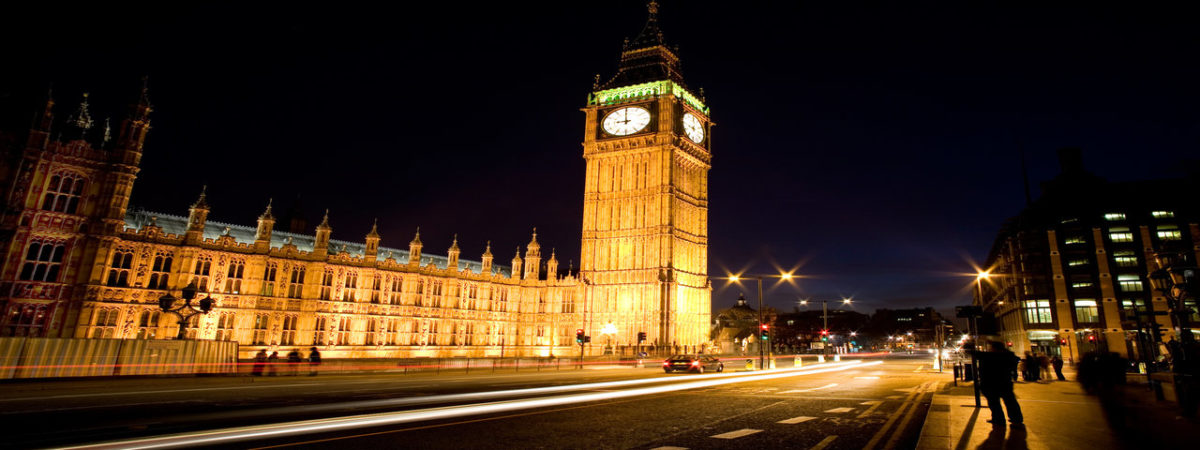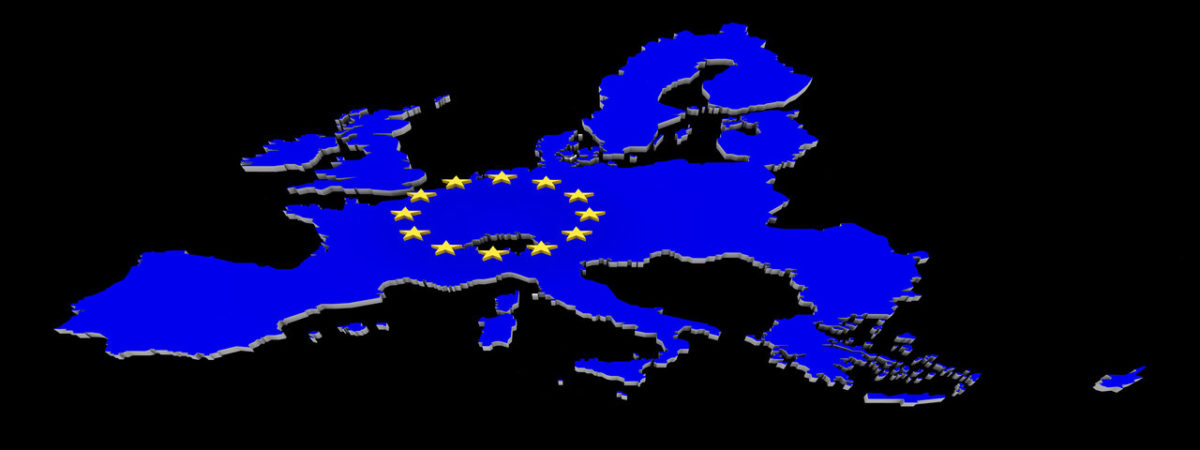10 years of so-called 24 hour drinking
SUGGESTED



The legislation was supposedly going to give rise to ‘24 hour drinking’ and it was, at the time, the second least popular thing Tony Blair had ever done. The Daily Mail predicted that it would unleash ‘unbridled hedonism … with all the ghastly consequences that will follow’. The Sun told its readers to prepare for the ‘inevitable swarm of drunken youngsters’. The Association of Chief Police Officers warned that ‘people are going to drink more because of the longer hours and there will be lots more crime and disorder’. The Royal College of Physicians said that ‘24 hour pub opening will lead to more excess and binge drinking, especially among young people.’
But it did not. Today, we are drinking a fifth less than we did in 2004. Alcohol consumption in licensed premises has fallen by more than a quarter. Frequent drinking amongst young adults has fallen by more than two thirds. Rates of binge drinking have fallen amongst every age group and especially amongst 16 to 24 year olds, who are now more likely than pensioners to be teetotal.
There is not ‘lots more crime and disorder’. There is less of it – much less. Criminal damage is down by 48 per cent, domestic violence by 28 per cent and violence in general by 40 per cent. Instances of drink driving not only fell after the Act came into effect, but fell more sharply in England and Wales, where the new law was applied, than in Scotland where it wasn’t. As for alcohol-related deaths, they were rising before the Licensing Act was introduced, but flattened out in 2005 have not risen since.
Not one of the predictions of doom made in 2005 has been confirmed by events. The Licensing Act led to longer opening hours, particularly at the weekends, but it did not create the problems many claimed would inevitably follow from alcohol becoming more widely available.
Implicit in the arguments of those who opposed flexible opening hours was the assumption that the only thing keeping the average Briton from drunken perdition was closing time. Continental Europe could take a more relaxed approach, they said, because continental Europeans were inherently more civilised. Unlike the French and the Spanish, we would drink for as long as the pubs were open. The Licensing Act showed this to be nonsense. Since 2005, the vast majority of pubs and bars have had the freedom to remain open after 11pm and yet most use this freedom sparingly. There are simply not enough of us wanting to drink until the early hours to make it worth their while. The tiny handful of pubs which applied for a 24 hour licence use them rarely if ever. On average, pubs are open half an hour longer than they were before ‘24 hour drinking’ began.
If the Licensing Act did not create ’24 hour drinking’, it should be acknowledged that it also failed to bring about the ‘continental café culture’ that some starry-eyed proponents of liberalisation hoped for. This was never likely given the British weather, but emulating Madrid and Rome was never the core goal of Blair’s licensing reforms in any case. The Act was principally aimed at beating the 11 o’clock rush and improving public order while diversifying the nighttime economy and giving consumers more freedom. It was broadly successful. The problems associated with drinkers spilling out of pubs at the same time searching for taxis, takeaway food and nightclubs have been alleviated. We go out later, stay out later, and take our time.
In nearly all towns and cities – and in many villages – those who want to drink until midnight, and often later, are now able to find at least one pub or bar in which to do so, with the added bonus that they are less likely to be assaulted, harassed or run over when they leave. This modest piece of deregulation has not sent us to hell in a handcart. We are not singing or sprawling. We are drinking less, drinking slower and drinking locally. Ten years after the apocalypse was due to arrive, the sovereign people are in a pretty good state.
Download Christopher Snowdon’s Drinking, Fast and Slow here.




